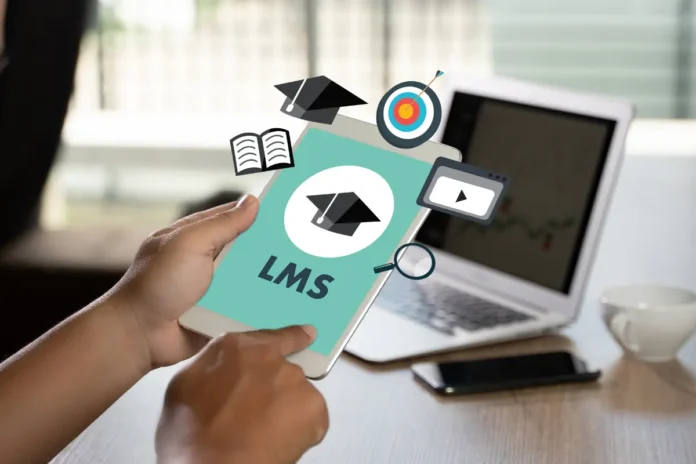
In today’s fast-paced and digital age, the education system is pressured to keep up with the ever-changing technologies and methodologies. One essential tool that has transformed is the learning management system (LMS)- an essential component in modern education. This article will delve into the changing role of LMS and its ability to adapt to the evolving landscape.
The Traditional Learning Management System
Initially, traditional LMS platforms were designed primarily for administrators and teachers to distribute learning materials and monitor learner progress. These systems played a role in streamlining tasks, managing enrollments, and delivering online courses. However, technological advancements have necessitated the evolution of these platforms to cater to learners’ needs better.
The Shift Towards Learner-centric Approaches
Recognizing the significance of learning experiences, many educational institutions are now gravitating towards learner-centric LMS solutions like Acendre software. These platforms leverage data-driven insights and analytics to enable learning paths for learners. The focus lies in catering to strengths, weaknesses, preferences, and progress levels.
Additionally, learner-centric LMS solutions prioritize personalized content delivery, fostering a more engaging and tailored educational experience. These platforms often incorporate adaptive learning technologies, allowing learners to advance at their own pace and receive targeted support where needed.
Flexible Course Delivery Options
A noteworthy characteristic of LMS platforms is their versatility in providing course delivery options, such as those offered by a math tutor in Brampton. While traditional systems often limit access through computers or laptops, today’s LMSs incorporate compatibility with mobile devices.
You can easily access materials using smartphones or tablets, allowing learners to learn whenever and wherever they want.

Know the reasons why offices use dedicated PDF editors.
Interactive Multimedia Elements
Modern learning management system (LMS) platforms have incorporated features like videos, audio recordings, quizzes with feedback, simulations, gamification elements, discussion forums, and more to keep learners engaged. These multimedia elements not only improve understanding but also encourage collaboration among learners.
Data Analysis for Continuous Improvement
Analyzing learner data is crucial for monitoring performance and helping instructors make decisions about adjusting teaching strategies. Modern LMS platforms offer analytics tools that provide insights into learning metrics like module completion time quiz scores, completion rates, and areas where learners face difficulties. By utilizing this data, instructors can enhance their teaching methods and assist learners in bridging any knowledge gaps.
Seamless Integration with External Tools and Resources
Recognizing the significance of learning resources in modern LMS platforms seamlessly integrate with various tools.
Institutions can include multimedia content from sources such as online libraries, open educational resources (OERs), reputable video platforms’ interactive simulations created by subject matter experts, real-time news updates related to the topics covered in the curriculum, and more. These collaborations expand the availability of learning materials for learners and enhance their journey.
Check out how to incorporate financial education in homeschooling.
Integration of Blended Learning
Another significant change in the Learning Management Systems (LMS) landscape is their integration with blended learning approaches. Learners can have a more immersive and comprehensive educational experience by combining face-to-face instruction with components. LMS platforms now support discussion boards that facilitate extended classroom engagement. Learners can submit digital assignments alongside classroom assignments and exams through the LMS interface.
The Rise of Social Learning
A notable development in years is the emphasis on learning within LMS platforms. In the past, traditional systems often lacked opportunities for learner interaction beyond classrooms. However, modern LMS solutions include discussion forums or live chat rooms that encourage knowledge sharing among learners regardless of boundaries.

Conclusion
In an era characterized by advancements and evolving educational needs, it remains vital for Learning Management Systems to evolve to meet learners’ expectations effectively.
By adopting learner-centered approaches through flexible delivery options for courses incorporating engaging multimedia elements utilizing analytics tools with a focus on improvement integrating external resources such as Open Educational Resources (OERs) or online libraries seamlessly merging traditional and digital components and facilitating social learning opportunities, educational institutions can offer an enriched learning experience that equips learners, for future challenges.
The ongoing development of Learning Management Systems (LMSs) will undoubtedly influence the methods of delivering and receiving education.









